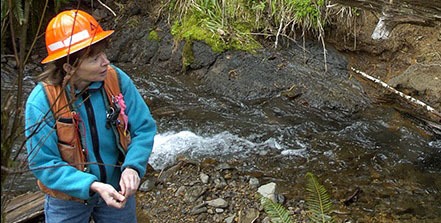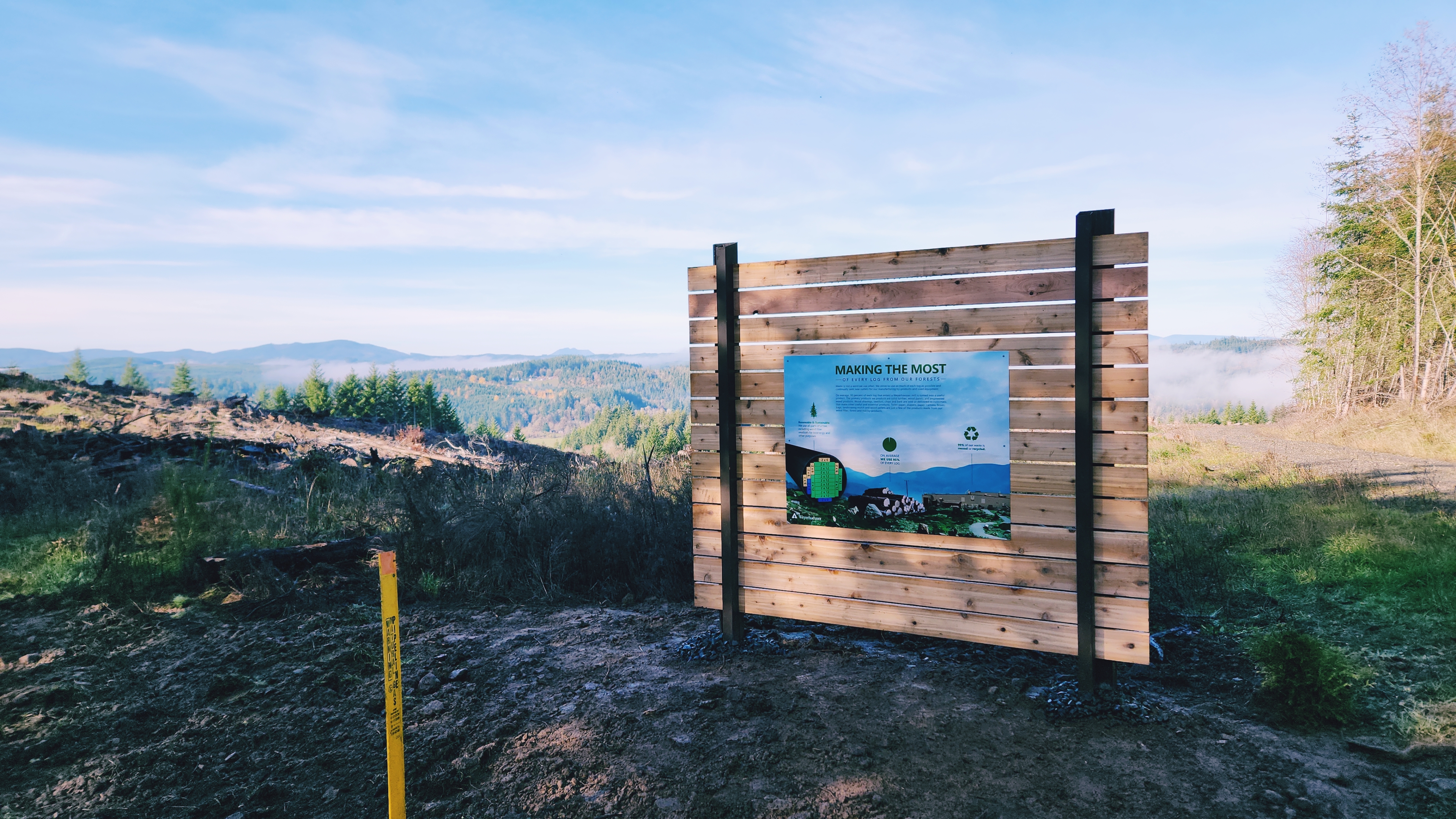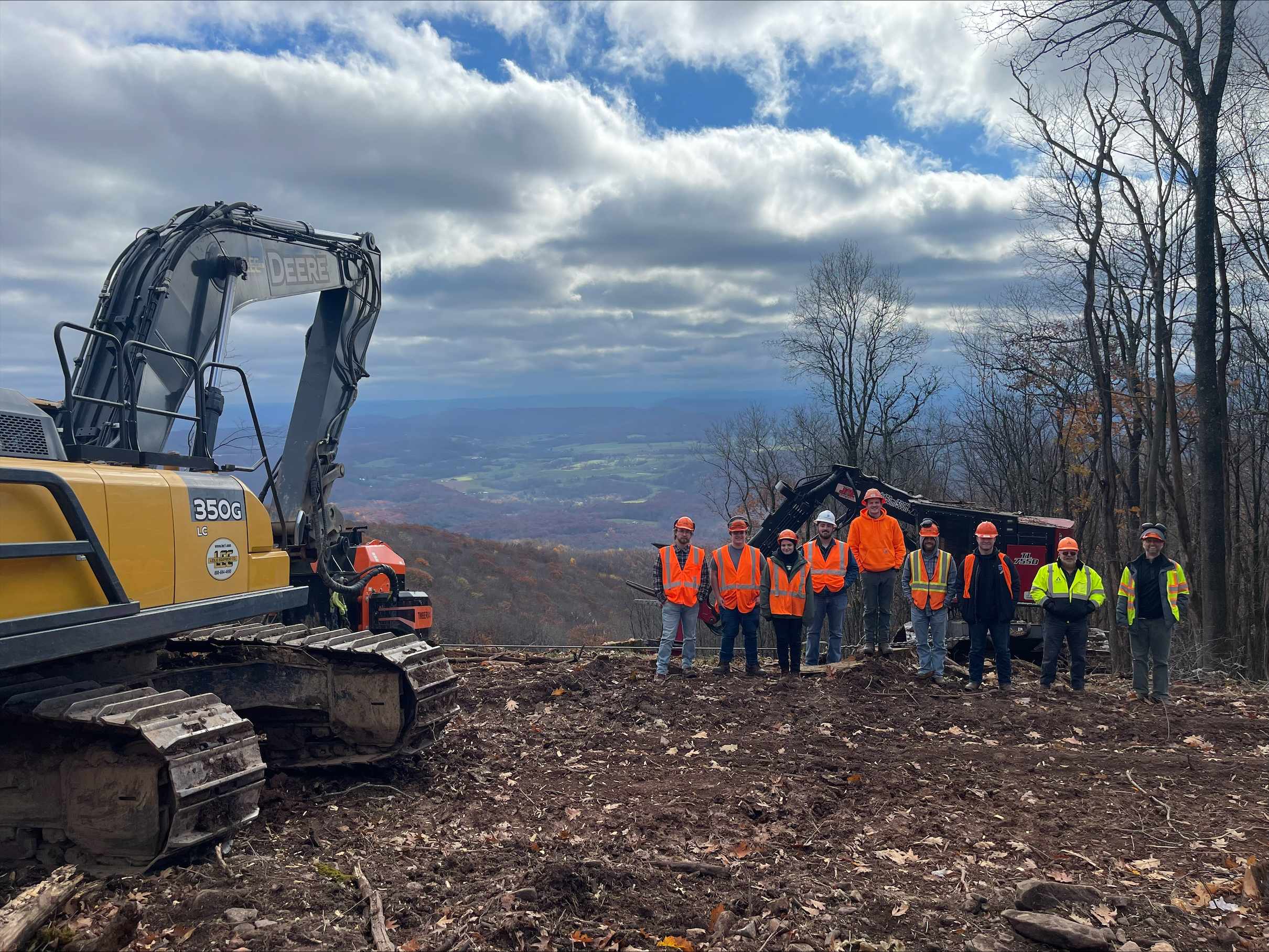
Decades ago, road-building practices did not include methods for diverting water and debris away from streams. Now, modern-day road-building is dramatically different. Ditches are disconnected from streams, gravel is laid down on roads to prevent sediment from pumping up, and runoff is routed to slopes rather than into streams.
A new report on the effects of logging roads in the northern Oregon Coast Range shows our efforts to protect streams, fish and other aquatic critters are working.
After examining data to determine whether road-building practices in harvest areas were sending too much sediment into streams, scientists found the amount of sediment to be “biologically insignificant.”
“These findings are a major success for the forest products industry,” says Bob Bilby, Weyerhaeuser’s senior scientific advisor and a co-lead on the study. “I expected the results to tell a pretty good story and it turned out to be better than I anticipated.”
This stream research is part of the larger Trask Watershed Study, which is examining the effects of forest management practices on fish and aquatic ecosystems. Participants in the project include Weyerhaeuser, Oregon State University, the U.S. Forest Service, and other agencies. Much of the watershed is owned and managed by the Oregon Department of Forestry and Weyerhaeuser.
“Having a blend of agencies, institutions and companies involved is helping us answer a wider array of questions than if we conducted the research on our own,” Bilby says.
For more on the Trask project, here's a nifty overview on YouTube.


